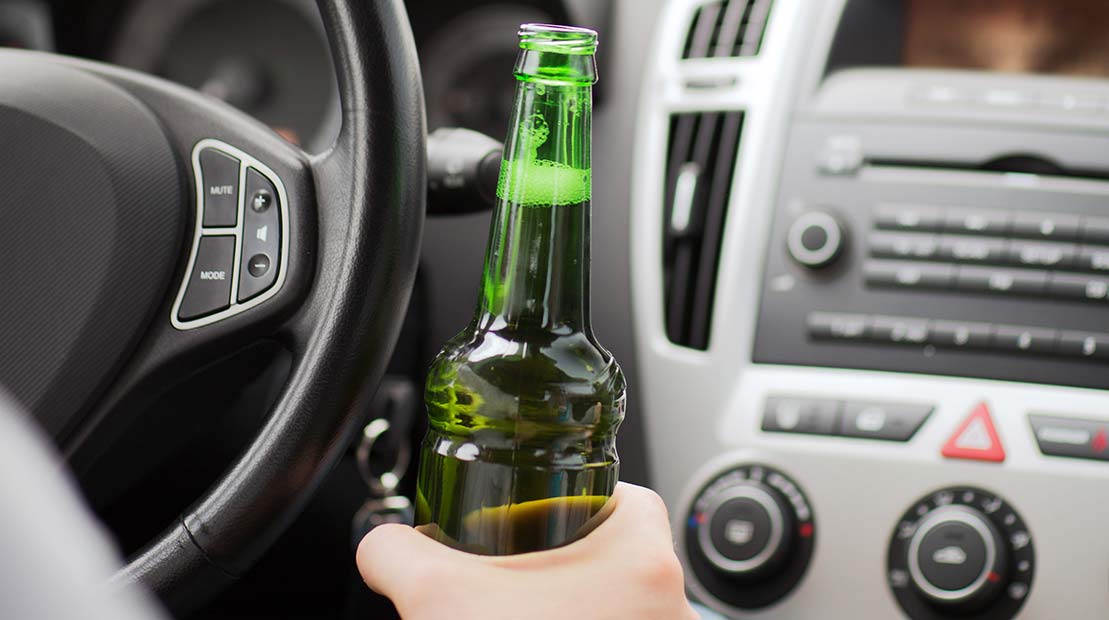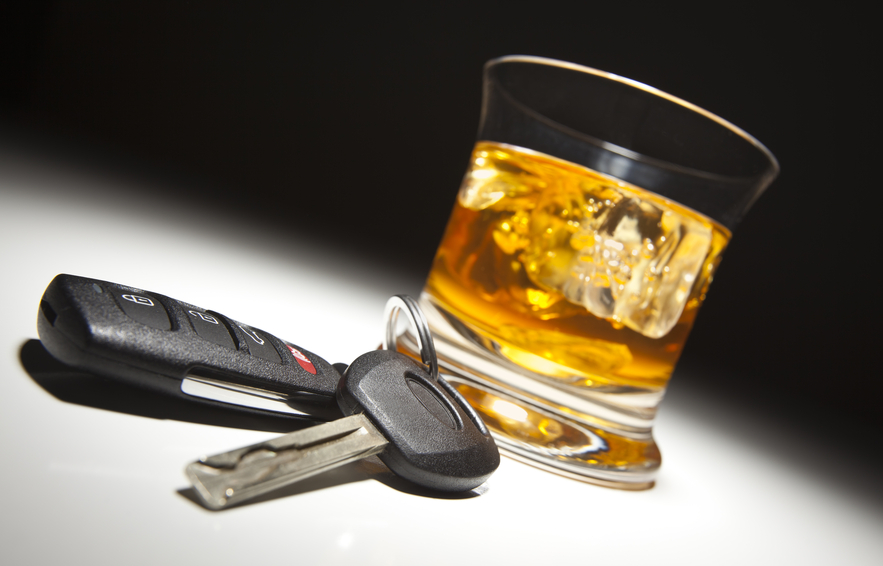Open Alcohol in a Vehicle
Based on the perceived danger to the public, prosecutors and judges can be harsh and aggressive with the prosecution and punishment of defendants charged with having alcohol in an open container in a vehicle.

Michigan Open Intoxicant Charges
In Michigan, as in other states, there are laws prohibiting car occupants from having open containers of alcohol, also known as open intoxicants. Driving down I-75 with a beer in your hand is an obvious open intoxicant charge under Michigan law; however, other circumstances are less noticeable. You must know the rules if you plan to transport open or unsealed alcohol containers in Michigan. You need a strong defense attorney to protect and defend you.
We convinced a prosecutor to dismiss an open intoxicant charge against one of our clients in a recent case. We convinced the prosecutor that they did not have enough evidence for a conviction and that we would fight to protect our client’s rights. An attorney must have a thorough understanding of the law and the knowledge and ability to use every resource available to protect their client. The burden to prove a defendant guilty beyond a reasonable doubt is on the prosecutor. An attorney must be willing and motivated to use all possible defenses on behalf of a client.
The Law – Open Intoxicant Prohibited in Michigan
The open intoxicant law in Michigan prohibits anyone from operating or occupying a vehicle on a roadway, including a parking lot, with an accessible, open, or unsealed container of alcohol. The law intends to prevent people from operating motor vehicles while drinking alcoholic beverages. Therefore, the legislature has provided common-sense exceptions to the general rule, though law enforcement and prosecutors sometimes pursue charges despite applicable exceptions. Because open intoxicant charges in Michigan are considered a crime, you are entitled to a jury trial.
Legally Transporting Open Intoxicants in Michigan
You may transport open intoxicants in an automobile “in an area not normally occupied by the operator or a passenger.” An “area not normally occupied” means that you can leave a restaurant with a half bottle of wine or move unsealed liquor bottles from one place to the next if they’re out of reach of those in the car. A person operating a vehicle must keep open liquor bottles in the trunk if the car has one. In cars or vehicles without trunks, open bottles must be locked in a glove compartment OR placed behind the last upright seat.
Possible Penalties for an Open Intoxicant Charge
Open Intoxicants in a vehicle is a misdemeanor offense punishable by up to 93 days in jail, up to 2 years of probation, and 2 points on your driving record. The statute allows a judge to order the defendant to undergo substance abuse screening, testing, and treatment. Further, the open intoxicant law also permits judges to order a defendant to perform an undefined number of community service hours. Under Michigan’s Clean Slate Legislation, an open intoxicant charge is expungeable even though it is under the Motor Vehicle Code.
Open Intoxicant and Operating While Intoxicated (OWI)
In many cases, a person gets charged with OWI or DUI and Open Intoxicant. The open alcohol in the vehicle will be evidence the prosecutor will use to prove the driver was intoxicated or impaired while driving. The prosecutor does not want you to know that the driver’s breath or blood alcohol content (BAC) might be rising if they consumed alcohol just before the traffic stop. If the driver’s breath or blood alcohol is rising, the defense may show reasonable doubt about the amount of alcohol in the person’s system while driving. A rising BAC could mean a verdict of NOT GUILTY!
Constitutional Violations and Improper Criminal Charges
In many situations, the police stop cars without a legally justified reason. For example, a vehicle stopped based on an officer’s hunch of criminal activity is illegal under the Fourth Amendment. If the prosecution cannot prove that the law justified the stop of a car, the judge will have to suppress any evidence found. The prosecutor will likely dismiss the case if the judge suppresses the evidence.

Top Law Firm Representing Clients on Felony and Misdemeanor Charges
Call LEWIS & DICKSTEIN, P.L.L.C. for a free consultation. You need a highly experienced defense lawyer who can analyze your case’s facts, help you understand all of your options, ensure you’re treated fairly, and fight for you in court for fair and affordable fees. If you face open intoxicant charges in Michigan or any felony or misdemeanor, your best defense starts here!
Call us today at (248) 263-6800 for a free consultation or complete an online Request for Assistance Form. We will contact you promptly and find a way to help you.














